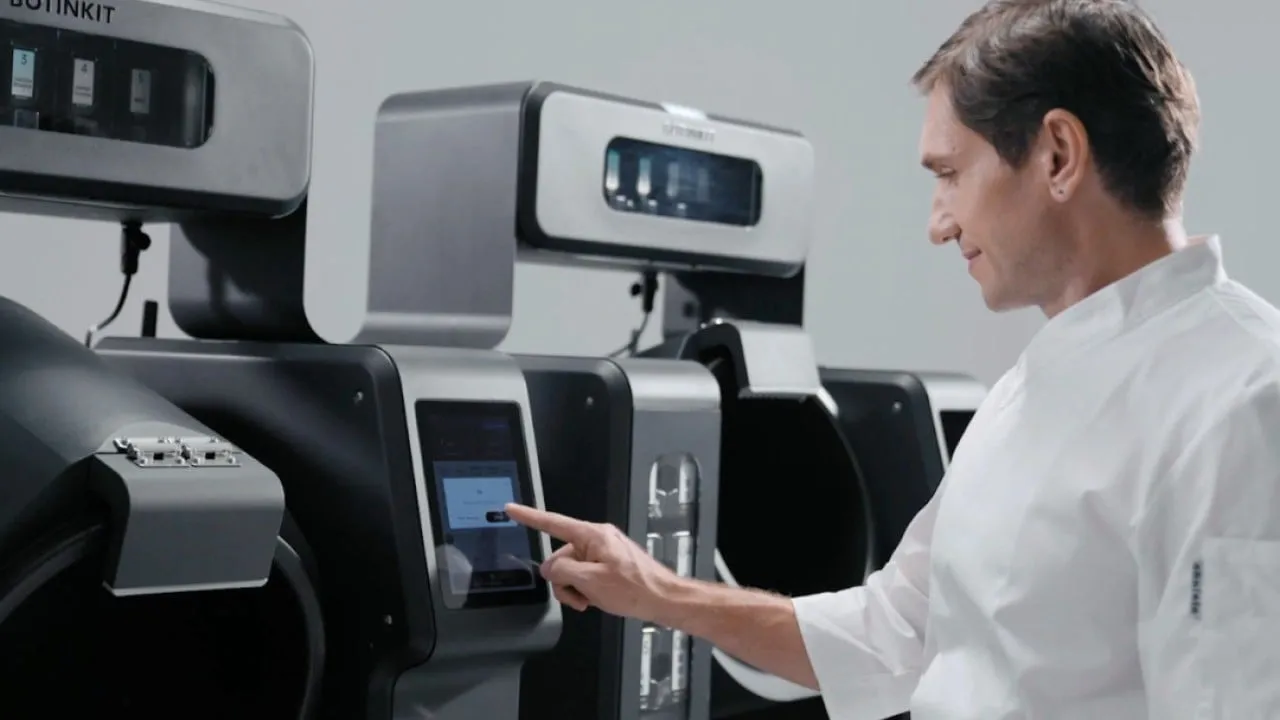Shenzhen's Botinkit Revolutionizes Cooking with AI and Robotics

Shenzhen's Botinkit: A New Era in Cooking Automation
Botinkit, founded by Shirley Chen Rui in 2021, is making waves in the culinary industry. This Shenzhen-based start-up envisions a future where AI and robotics replace chefs, asserting that robots, like their Omni product, can consistently prepare meals with minimal human intervention. According to Chen, the traditional kitchen is ripe for disruption, and Botinkit seeks to ensure quality by employing robotic systems to assist in cooking.
The Omni Robot: Redefining Culinary Processes
Omni operates via a touchscreen interface, allowing operators to follow set recipes with ease. By employing AI to master temperature control and seasoning, the robot promises to cut labour costs in restaurants by 30%, while also reducing food waste. This approach is particularly appealing for restaurants looking to scale up with consistency in meal preparation.
Collision of Humans and Technology
Despite pushback against full automation in the kitchen, Chen believes in a balanced approach. She highlights that the human touch is essential for recipe development and adding finishing touches to dishes. The global trend towards robotic kitchen solutions, evidenced by companies like Miso Robotics in the US, underscores the potential impact of Botinkit’s innovations.
International Expansion and Future Goals
Following a recent US$21 million funding round, Botinkit is poised for international growth, with operations already in 19 countries. Chen notes that while the Chinese market is familiar with digital kitchens, global labor shortages underscore the increasing need for automation solutions in various culinary sectors.
Conclusion: A Transformative Future for Restaurants
As noted by Chen, the restaurant industry could evolve significantly in the next decade, shifting towards automated kitchens where intelligent systems handle major operations, while skilled cooks emphasize creativity and personal touches. This is a paradigm shift that promises to alter culinary dynamics worldwide.
This article was prepared using information from open sources in accordance with the principles of Ethical Policy. The editorial team is not responsible for absolute accuracy, as it relies on data from the sources referenced.